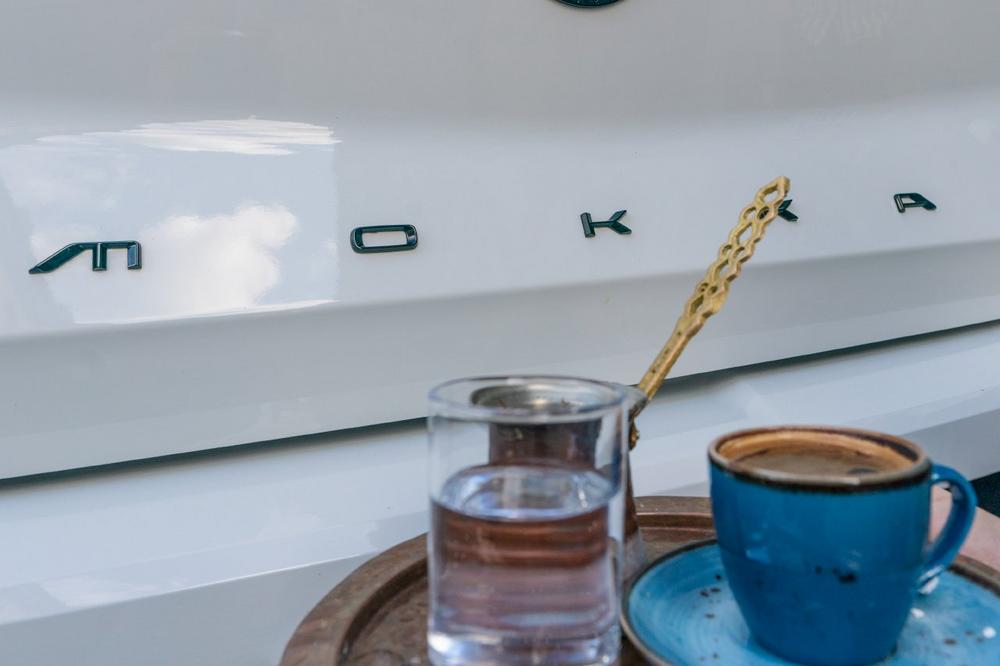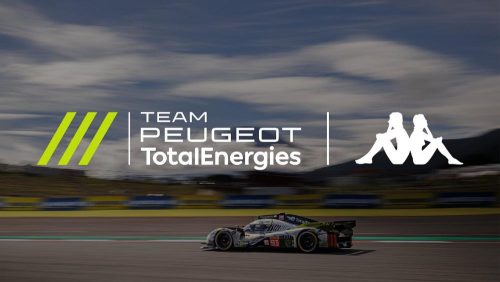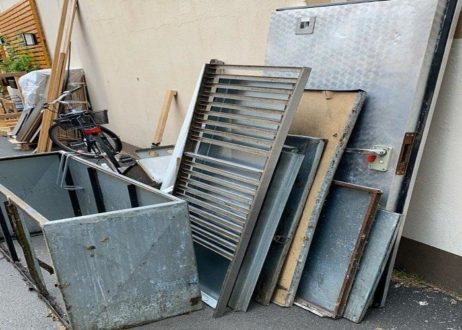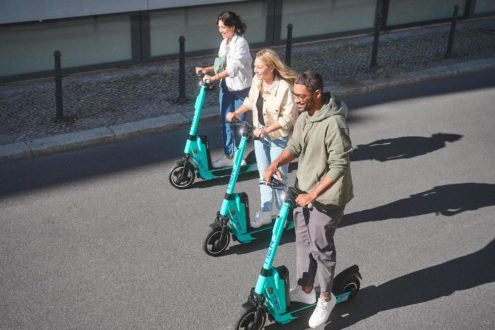
Refined Opel Mokka Celebrates International Coffee Day
- What’s your flavour: Choice of electric drive or highly efficient combustion engines
- Head-turning blend: First Opel to feature new design and Pure Panel digital cockpit
- Customers’ choice: Second most popular electric compact SUV in Germany this year
On October 1, coffee afficionados from around the globe will celebrate their preferred hot beverage on International Coffee Day. Opel offers the perfect companion to honour this occasion in the award-winning Opel Mokka. Opel’s stylish sub-compact SUV is available as a silky-smooth battery-electric vehicle, offering locally emissions-free mobility or with refined petrol and diesel engines, ensuring that customers can choose their preferred propulsion system – just like they would choose their favourite coffee.
Ever since its launch in 2020, the Opel Mokka has been turning heads. As a car designed to arouse emotions and show the way forward for the brand, the Opel Mokka was the first to wear the new brand face, the Opel Vizor. It was also the first Opel with the Pure Panel and a fully digitised cockpit. In addition, it was the first Opel available at the start of the sales with electric drive as well as highly efficient combustion engines.
The battery-electric Opel Mokka-e, winner of the renowned Golden Steering Wheel1 in Germany in 2021, impresses not only with its bold and pure design, but also with its performance. The electric motor with 100 kW/136 hp and 260 Newton metres of maximum torque delivers a powerful, almost silent drive. Up to 338 kilometres of locally emissions-free travel are possible on a single charge of the 50-kWh battery according to WLTP2. The electronically limited top speed is 150 km/h. A state-of-the-art regenerative braking system makes the Mokka-e even more efficient, allowing the electric vehicle to recuperate energy during deceleration or braking. The battery can be quickly “refilled” to 80 per cent state-of-charge in around 30 minutes at a 100 kW DC charging station.
The lively yet economical petrol and diesel engines offer power outputs ranging from 74 kW (100 hp) to 96 kW (130 hp). Moderate fuel consumption and superior performance are characteristic of all powertrains (combined fuel consumption WLTP: 6.0-4.4 l/100km, 136-116 g/km CO2)3. High efficiency is typical of the engines, internal friction and losses are minimised. The turbocharger also responds immediately, with strong torque development at low rpm. The engines come with a six-speed manual gearbox or a smooth-shifting eight-speed automatic with shift paddles.
The Mokka also stays true to Opel’s brand-defining tradition of making innovative technologies from higher market segments available to a wide range of buyers. These include “high-tech” such as Active Drive Assist – including Advanced Cruise Control (ACC) and Active Lane Positioning. The lighting system is also state-of-the-art with the adaptive and therefore glare-free Intelli-Lux LED® matrix light featuring 14 elements. All model variants come as standard with an electric parking brake as well as Traffic Sign Recognition. A 180-degree Rear View Camera, Automatic Park Assist, Flank Guard and Side Blind Spot Alert are also available.
With its combination of its bold design, the choice between battery-electric propulsion or internal combustion engines along with innovative technologies, the Opel Mokka has long since become a hit with customers. The Mokka is currently ranked third year-to-date in the SUV-B segment in Opel’s important home market of Germany with the battery-electric version performing even better. The Mokka-e is the second best-selling electric vehicle in its segment in the first eight months of this year.
[1] AUTO BILD edition 45/2021 and BILD am SONNTAG edition 46/2021, category for “Best car under €25,000” incl. environmental bonus.
[2] Range determined according to WLTP test procedure methodology (R (EC) No. 715/2007, R (EU) No. 2017/1151). The actual range can vary under everyday conditions and depends on various factors, in particular on personal driving style, route characteristics, outside temperature, use of heating and air conditioning and thermal preconditioning.
[3] The fuel consumption and CO2 emissions figures mentioned comply with the WLTP homologation (regulation EU 2017/948). From 1 September 2018, new vehicles are type-approved using the World Harmonised Light Vehicle Test Procedure (WLTP), which is a new, more realistic test procedure for measuring fuel consumption and CO2 emissions. The WLTP fully replaces the New European Drive Cycle (NEDC), which was the test procedure used previously. Due to more realistic test conditions, the fuel consumption and CO2 emissions measured under the WLTP are in many cases higher compared to those measured under the NEDC. The fuel consumption and CO2 emissions figures may vary depending on specific equipment, options and format of tires.
Opel Automobile GmbH
Bahnhofsplatz
65423 Rüsselsheim
Telefon: +49 (6142) 7-70
Telefax: +49 (6142) 77-8409
http://de-media.opel.com/de
Telefon: +49 (6142) 6927811
E-Mail: carina.elsinger@opel-vauxhall.com
Communications, Manager International Product
Telefon: +49 (6142) 69-22084
E-Mail: colin.yong@stellantis.com
![]()




